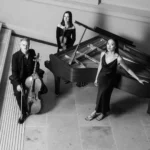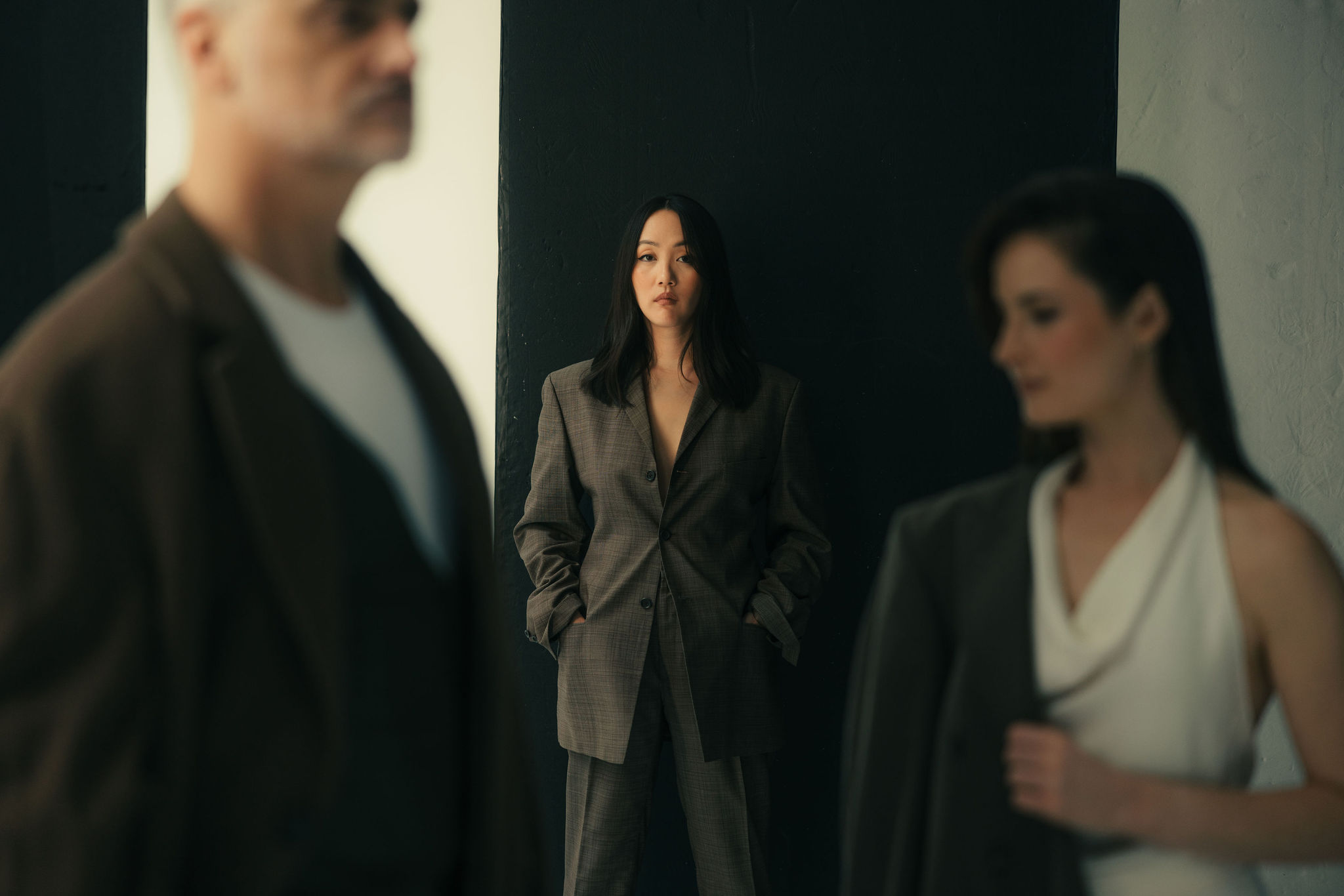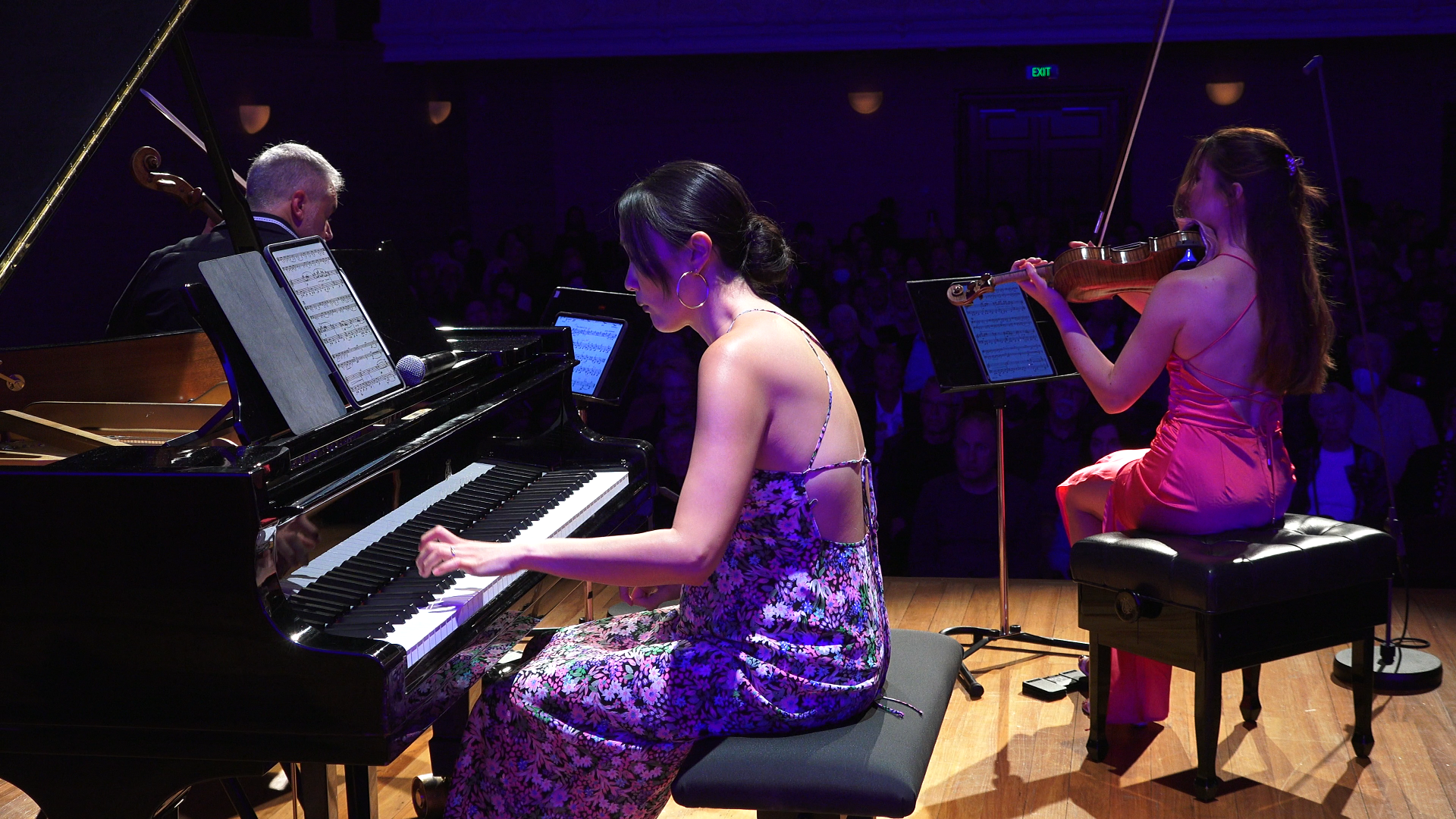No such thing as a stupid question! Ask away at trio@nztrio.com
WHAT EXACTLY IS CONTEMPORARY CLASSICAL MUSIC – ISN’T ALL CLASSICAL MUSIC PRETTY TRADITIONAL?
I guess it depends on how you interpret the word contemporary, but in our view it generally refers to works that have been created within the last century or so. We are pretty well known for our eclectic curation of programmes which can be a challenge for the more traditional music buff, and a refreshing change for others who enjoy trying new things. Often our contemporary commissions are less than 2 weeks old! And then there are a great many lesser known works by old masters (warmly referred to as ‘the dead guys’) that were considered controversial and contemporary in their day. These might sound quite traditional to us now, but interesting to imagine why they might have caused a stir back then. Contemporary classical music often explores new ways to use the instruments and stretch a soundscape into new territory – like any contemporary artform would do.
WILL IT LAST FOR HOURS?
NZTrio concerts tend to last for 1 – 2 hours depending on whether there is an interval or not. Programmes can consist of up to six or seven 10-minute movements from different pieces, in which case we mightn’t need an interval. Or it can consist of only 3 works that are each about 1/2 hour long to play – in which case it’s better for us as musicians to pace ourselves and have a little rest in the middle. Conveniently, this also gives the audience a chance to top up their wine glasses for the second half. All in all, there is usually plenty of time for people to schedule their dinner plans either before or after one of our concerts.
WHO ARE YOU GUYS ANYWAY, AND WHAT ARE YOUR CREDENTIALS?
We are three kiwi musicians, with numerous degrees, experience, and notable accolades under our belts. We share a passion for the exciting oeuvre of chamber music and the intensity of a trio ensemble, and we are seriously committed to expanding that oeuvre with new NZ commissions. But we won’t bore you with our awesomeness. You can read more about us here if you like.
WHAT IS A PROGRAMME?
A programme is just a term used to describe the list of items we will be playing for you on a particular night. It often also contains information about the composers and about the music to offer some insight behind the works. We try and make that information very digestible and not overly academic, and have now created what we call ‘Listening Notes’ which are like what you might read about a wine – a short and sweet poetic morsel to just give you a little hint about what you’re in for. Full programme notes are still downloadable from our website if you prefer those.
HOW IS THE NZTRIO EXPERIENCE DIFFERENT FROM AN ORCHESTRA CONCERT?
Um. Well. It’s kind of two different animals. All we can tell you is that a piano trio offers a more intimate experience with a purity of sound that is also greater than the sum of its parts (that’s a nice way of saying we can also blow you away with huge sound!). Ours is usually a shorter, cheaper concert to plan around, and people say it can be more personally engaging and authentic than a large orchestral experience, but we’ll leave that up to you.
WHY DO YOU SPEAK BETWEEN PIECES AT YOUR CONCERTS?
We work very hard to break down the barriers and ostentatious reputation of classical music. One of these ways is by choosing a venue that not only has good acoustics, but a more casual vibe and interesting atmosphere. Another way is to keep it real and connect with people verbally during our performances. There are so many subtleties in this type of music and it’s those subtleties that can affect people in very profound ways, so it’s really important that they’re enhanced by intimate and sometimes artful settings.
WHEN ARE YOU SUPPOSED TO CLAP?
We’re happy for people to clap whenever they feel moved to do so. But yes, most classical music buffs don’t clap between movements – just at the end of a whole piece. There is a pause between movements that sometimes confuses people, but we advise you not to worry about it. Just enjoy yourself.
WHAT IS A MOVEMENT, AND HOW DO YOU DECIPHER THE TITLES?
Yes, a movement can mean many things;). In classical music terms it’s like a verse in a poem. So one piece of music might be made up of several parts and these parts can often be quite different from each other. The titles you see in the programmes contain information like the names and birthdates (and deaths if applicable) of the composers, the name of the work, the year it was published or commissioned, and the length of time it takes to play in full (that’s the c. 31′ or similar on the end).
WHAT DOES ONE WEAR TO A CLASSICAL MUSIC CONCERT?
Our audiences tend to range from scruffy students through to diamond cuffs and lots of in-betweeners – we love it!
HOW WORLD-CLASS CAN THIS GENRE ACTUALLY BE IN LITTLE NEW ZEALAND?
New Zealand may be small, but it punches above its weight in many areas – especially the arts. We are extremely proud of NZ’s vibrant and courageous artistic calibre and are fully committed to representing it at the highest possible level on the world stage. We have at least one international tour or event every year and have managed to showcase New Zealand composition in Australia, Europe, Scandinavia, Asia, the U.S.A., and South America to very positive reviews. The world loves NZ – we produce some serious talent here and we should all be proud of it.




